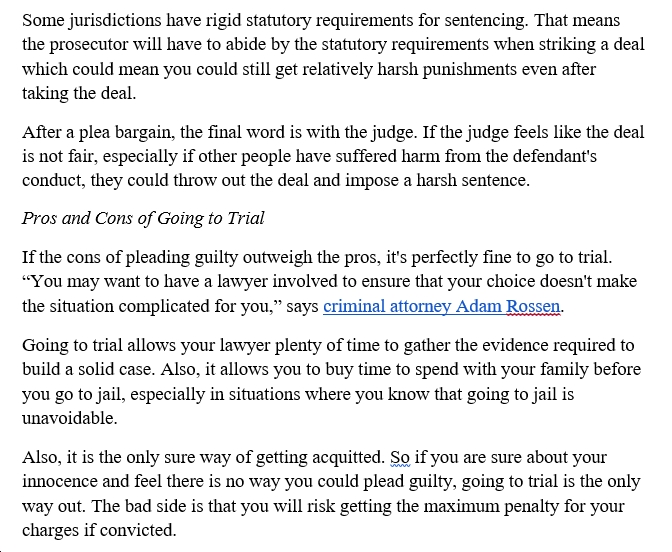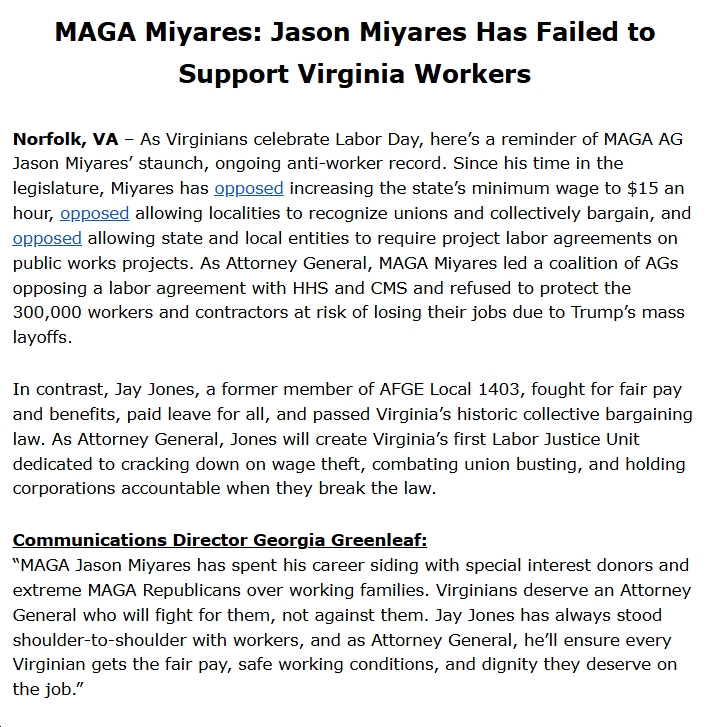SPONSORED CONTENT
A 62-year old man who applied for and was denied admission to a Georgetown doctoral program filed a lawsuit in Washington, D.C. district court claiming that his denial was solely on the basis of age, in violation of the Age Discrimination Act of 1975 and the D.C. Human Rights Act.
The man, named George Mazza, was encouraged by other professors to apply for the program which is geared for students who intend to eventually become university professors. In making their recommendation, the Georgetown professors reviewed Mazza’s background, which included numerous graduate degrees and a juris doctor degree from Georgetown. Following his admissions denial, Mazza spoke with an admissions committee member, who told him that because of his age, no major university would consider him for a professorial position and therefore the program could not admit him. Mazza also learned that a 35-year-old applicant with similar qualifications had been admitted.
“As the population ages, individuals are beginning to work later and later in life, and due to that, many need more training or even new training to continue their working careers,” said Tom Spiggle, an employment and discrimination attorney with The Spiggle Law Firm. “This increased competition for a limited number of spots in educational programs will necessarily require educational institutions, among others, to make decisions on applicants whose ages may vary wildly. The question for these institutions becomes: when is it valid, if at all, to use age in making a decision about denying or admitting an applicant?”
The answer, as you might imagine, is “it depends.” The Age Discrimination Act of 1975 is a Federal law that prohibits discrimination based on age by any program that receives federal financial assistance, but it does permit the use of certain age distinctions. The first question for any applicant who believes he or she has been discriminated against because of age would be: does the program in question receive federal financial assistance? If it does, then the applicant would need to determine whether the use of age distinctions would be applicable in his or her situation. Examples of this would be programs that are geared towards a specific age group (programs specifically for the elderly, for example).
Additionally, before an individual could file a lawsuit, the Age Discrimination Act requires that the individual file a complaint with the US Department of Education’s Office of Civil Rights (OCR), and that either the OCR fails to issue a finding within 180 of filing or the OCR issues a ruling against the complainant.
Will George Mazza be successful? It is hard to know, especially in light of the fact that courts usually find the presence of age discrimination in very limited circumstances. But what is certain is that claims under the Age Discrimination Act are only likely to increase as the US population ages and “retirement” becomes more like “second career.”

![[UPDATED: VA Senate Dems Pass $15/Hour Minimum Wage Bill] VA House Democrats Pass Top Priority, Paid Sick Leave](https://bluevirginia.us/wp-content/uploads/2026/02/housedemspaidsick.jpg)















